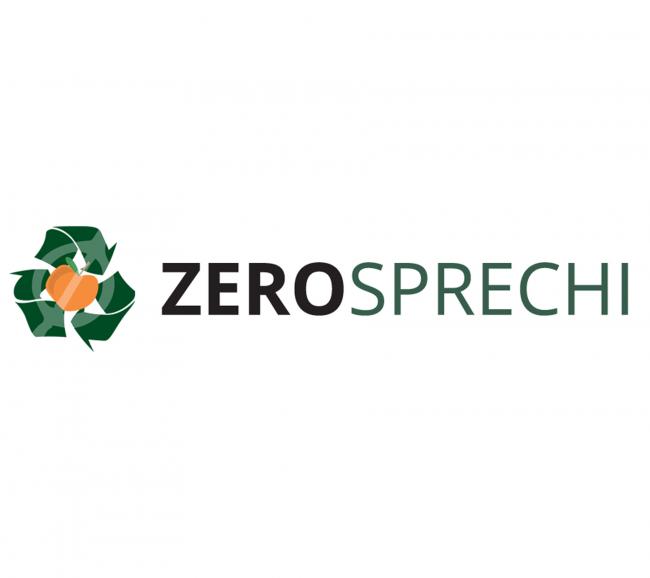Preventive strategies to control postharvest diseases of stone fruit and reduce fresh fruit waste

Use of forecasting tools to plan and reduce the number of fungicide applications on stone fruits to control brown rot, in organic agriculture and IPM
Isolation of Monilinia spp. and evaluation of fungicide resistance
Evaluation of interactions between Monilinia spp. and Drosophila spp.
Application of strategies for the storage of stone fruits based on innovative packaging and use of ozone to manage postharvest brown rot, extend shelf life, improve fruit quality and reduce waste
Application of predictive models for Monilinia spp. on stone fruits; application of strategies for the control in integrated and organic agriculture of stone fruit brown rot; Identification of the species of Monilinia spp. and evaluation of fungicide resistance; Evaluation of the interactions between Drosophila spp. and Monilinia spp .; Evaluation of the quality of the fruit at harvest and postharvest, during shelf life; Dissemination of project activities; coordination and administrative management of the project.
Stone fruits can undergo to relevant postharvest losses caused by brown rot, that can develop in the field and more frequently during storage and commercialization, and finally at consumers home. Brown rot cause direct losses due to the infection of a single fruit or of the same box, and indirect losses for diverting consumer to buy again the same produce. Project “ZeroSprechi” aims to improve the production of stone fruits and manage postharvest quality, extending shelf life and reducing the waste of fresh fruit (as also planned within the Spanish O.G. “Fruit-Net - control of Monilinia spp. in stone fruits”). This project plan the application of decision supporting systems to optimise and reduce the number of fungicide applications, developing differentiated strategies for integrated agriculture and organic agriculture. Monilinia latent infections will be monitored, and prevailing species of Monilinia will be isolated, tested for sensitivity to the main fungicides used for their management, and the interactions with Drosophila spp. flyes will be investigated. The project will be developed in three farms two in “Valdaso” valley and one in “Valle del Foglia” valley, that are the two main producing areas of the Marche region. Results will be disseminated by ASSAM, grower association “Valle del Foglia”, involved farms, Agricolae, and Marche Polytechnic University. The “ZeroSprechi” proiect will lead to an increased sustainability of stone fruit production in Marche region, both for integrated and organic agriculture, with increase of grower income and reduction of fungicide applications, with sustainable strategies for brown rot management that can be extended to other Italian and European fruit production areas.
The project intends to introduce innovations in the stone fruit sector aimed at optimizing protection from brown rot, the main adversity of these species, by reducing the residues of pesticides and post-harvest fruit wastes. Forecast models will be applied, validated in Spain and New Zealand, based on environmental conditions, with data recorded by weather sheds, which will allow optimization of the intervention moments. Strategies to be applied in organic and integrated agriculture will be defined, also by means of a sprayer prototype with air flow divider. The fruits subjected to the various treatments will be analyzed for the presence of pesticide residues. The composition of the Monilinias present, their resistance to fungicides and the interaction with diptera will be verified drosofilidi. The fruits will be preserved, even in an atmosphere with ozone, and the quality characteristics will be verified during the shelf life.
| Titolo/Descrizione | Url | Tipologia |
|---|---|---|
|
Sito web del progetto
|
Sito web
|